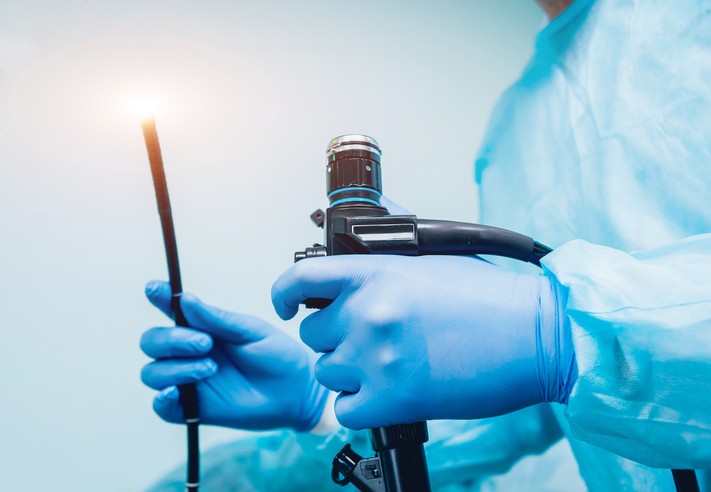Beyond the Chill: Understanding Raynaud's Phenomenon
JAN 29, 2026Raynaud's phenomenon is a rare disorder that affects the blood vessels, most commonly in the fingers and toes, but sometimes also in the nose, ears, or lips.
Read More
Your colon also known as your large intestine is a 4 to 6 foot tube in the body that helps remove water from the food we eat and makes stool. Abnormal growths called polyps can begin to grow in the colon.
They initially resemble small grapes or raisins, but can grow larger. Eventually these polyps can turn into cancer - which is a disease that can spread to other parts of the body.
There is no single thing that causes colon cancer. About one out of 5 people with colon cancer have a strong family history. So for some people we know it runs in families.
But most people who have had the disease have never had it in their family. We do know there are certain things that seem to increase your risk.
Often polyps and early colon cancer can develop without showing symptoms. Some symptoms to look for are:
The best way to prevent colon cancer is to see your doctor and undergo screening so that we can find it early and remove polyps before they can turn into anything severe.
This is done either through a yearly stool test or by undergoing a colonoscopy beginning at age 50 or even earlier if you have a strong family history. Remember that by undergoing screening we can reduce your risk of developing or dying from it.
The physician will insert a thin, flexible tube with a light and a camera on it in to your rectum and run the camera the entire length of your colon looking for polyps. Your physician will then remove any polyps so they can't turn into a cancer. This procedure is done with the help of medication to make you very sleepy and very comfortable. It is not a painful procedure.
To prepare for a colonoscopy you will need to clean all the stool out of your colon. This clean out begins the day before your colonoscopy at home.
You will drink nothing but clear liquids the day before the procedure then you will drink a liquid medication the night before the procedure. Colon cancer can be prevented. You can reduce your risk by screening for colon cancer.
If you have more questions, reach out to your primary care provider.

Raynaud's phenomenon is a rare disorder that affects the blood vessels, most commonly in the fingers and toes, but sometimes also in the nose, ears, or lips.
Read More
Winter brings beautiful snowy landscapes and cozy evenings, but the cold, dry air—indoors and out—can be harsh on our hands, leading to dryness, cracking, and even more serious issues like frostbite. Protecting your hands is crucial for comfort and s...
Read More
While BMI can be a useful screening tool for populations, relying solely on this single number to define an individual's health and dictate weight management strategies is outdated and often misleading.
Read MoreWhen you need local health information from a trusted source, turn to the CHI Health Better You eNewsletter.